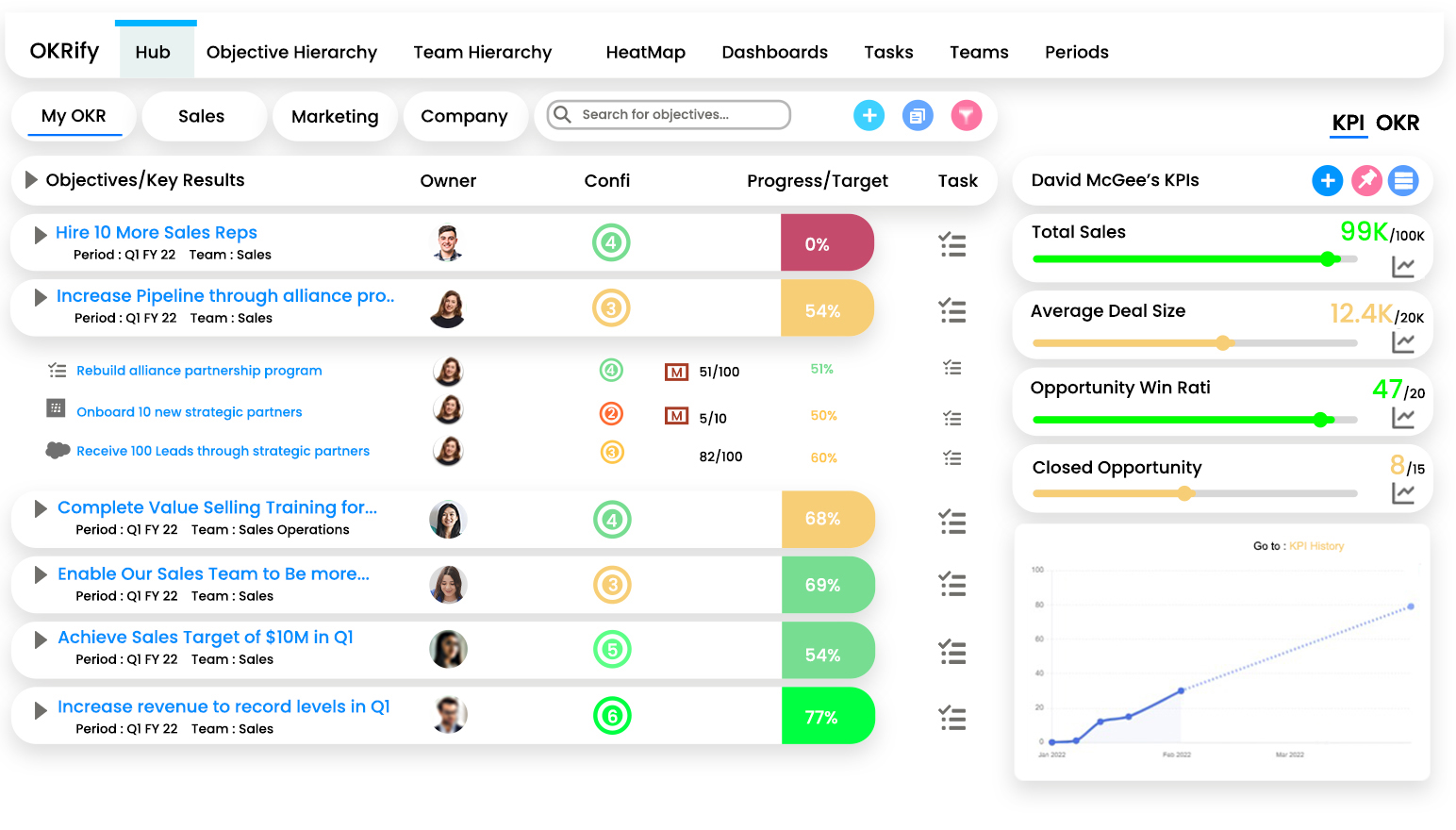Objectives and Key Results (OKRs) is a popular framework for setting and tracking goals across industries including nonprofit organizations. The effectiveness of any methodology depends on how it is implemented and adopted by an organization, OKR framework is no exception to this. It is important to implement the OKR framework as per the best practices and continue to adopt and use OKRs based on the best practices to get the most benefits from this simple, flexible and very successful goal setting methodology.

Here are the 7 most common mistakes that organizations make when setting OKRs:
1.Setting process or activity based goals: The first and most important mistake many nonprofit organizations make is not setting outcome based goals. Goals should be based on outcomes that helps the organization achieve its mission.
2.Setting too many goals: It's important to focus on a few key goals that are most important to the organization. Setting too many goals can make it difficult to focus on what's most important and can lead to spreading too thin resources.
3.Setting goals that are not specific and measurable: OKRs should be specific and measurable, so that progress can be tracked and evaluated. Setting vague or unmeasurable goals makes it difficult to know whether the organization is making progress towards achieving them.
4.Not involving the right people: OKRs should be set with input from the people who will be responsible for achieving them. This includes staff, volunteers, and other stakeholders. Failing to involve the right people can lead to goals that are not aligned with the organization's mission and priorities.
5.Not setting deadlines: OKRs should have a clear deadline for achieving the results. Without deadlines, it can be difficult to track progress and keep the organization on track.
6.Not reviewing and adjusting the OKRs regularly: OKRs should be reviewed on a regular basis to ensure that they are still relevant and that the organization is making progress towards achieving them. Failing to review and adjust the OKRs can result in the organization continuing to work towards goals that are no longer relevant or achievable.
7.Not aligning OKRs with budget: The OKRs should be aligned with the organization's budget and resources so that the organization can achieve its goals. Failing to align OKRs with budget can lead to the organization not having enough resources to achieve its goals.
By avoiding these common mistakes, nonprofits can set effective OKRs that help them achieve their goals and make a real impact in their communities.
Free licenses and special discounts for nonprofits making this world better.
Achieve your organization's mission with OKRs
OKRs is a simple, flexible goal setting framework that can help in set clear expectations and purpose for employees & volunteers, align everyone behind the mission for focused execution.




